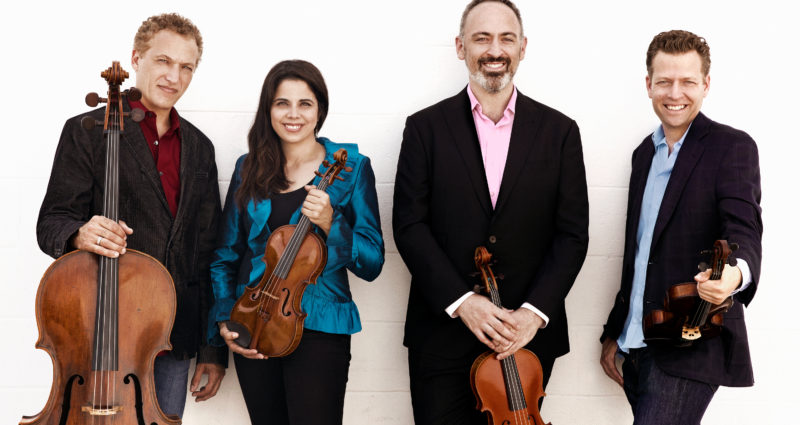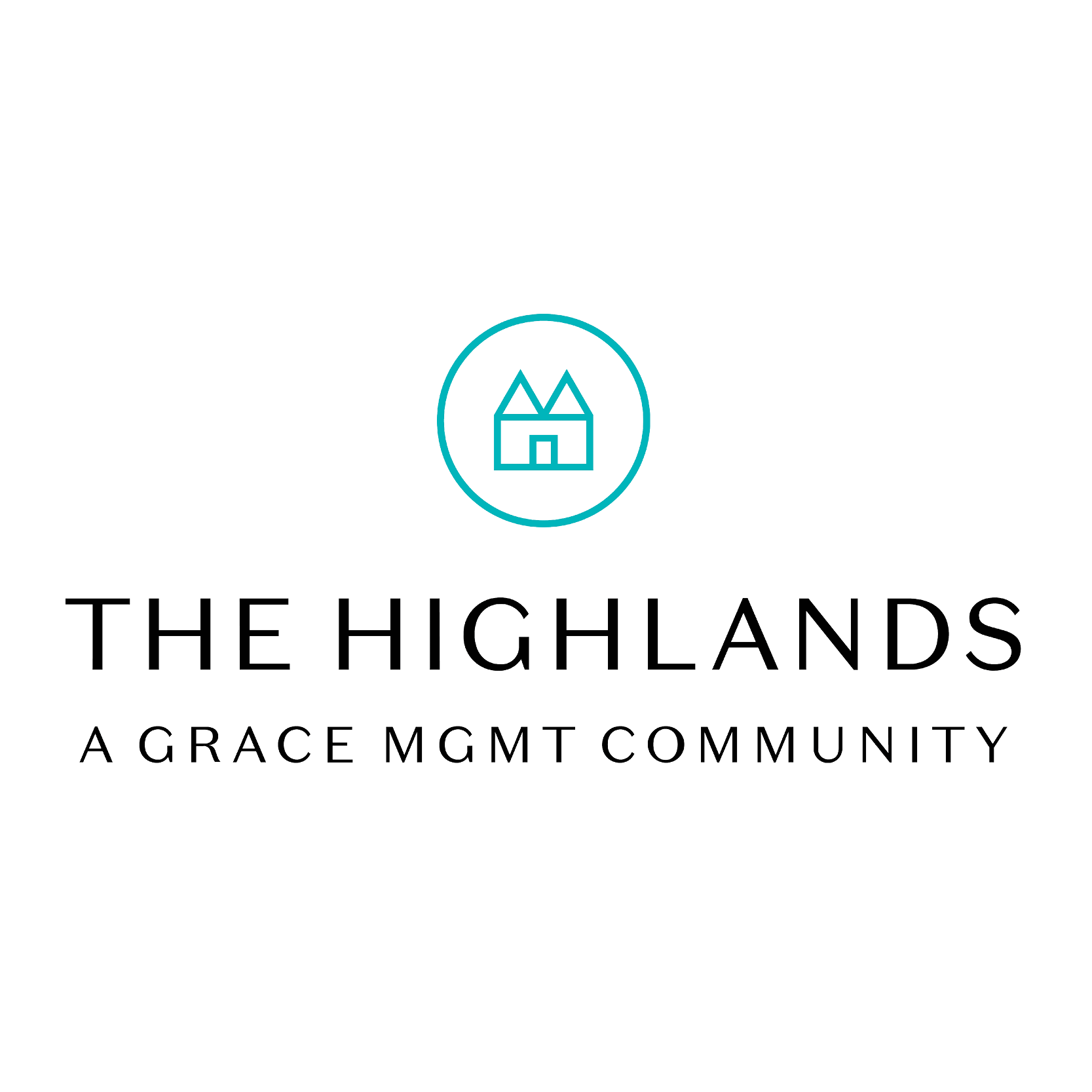- This event has passed.
Pacifica Quartet with Jon Nakamatsu
Pacifica Quartet
Simin Ganatra, Austin Hartman, violin • Mark Holloway, viola • Brandon Vamos, cello
FLORENCE PRICE (1887-1953)
String Quartet in G Major
- Allegro
- Andante moderato — Allegretto
JENNIFER HIGDON (b. 1962)
Voices
- Blitz
- Soft Enlacing
- Grace
— Intermission —
ROBERT SCHUMANN (1810-1856)
Piano Quintet in E-flat Major, Op. 44
- Allegro brillante
- In modo d’una Marcia. Un poco largamente
- Scherzo: Molto vivace
- Allegro ma non troppo
Jon Nakamatsu, piano
Program Notes
FLORENCE PRICE
String Quartet No. 1 in G Major (1929)
Florence Price was a prolific American composer, best known for her vocal and piano works, but whose compositional output spans the repertoire from solo to orchestral literature. Born in Little Rock, Arkansas, Price’s musical talent was recognized from a young age, and she attended the prestigious New England Conservatory at 14. She eventually settled in Chicago, where she developed serious collaborations with other Black musicians and artists, including, notably, famed vocalist Marian Anderson. Price is recognized as the first Black woman composer to have a work performed by a major American orchestra, when she won a prize for her Symphony in E Minor and was awarded a performance by the Chicago Symphony Orchestra in 1932.
Though Price gained some national recognition in her lifetime, she faced significant barriers due to her race and gender. For several decades after her death, her music did not receive the attention it deserved for such a gifted composer. In 2009, a collection of her unpublished – and nearly lost – works was found in a house in St. Anne, Illinois, a home that Price had inhabited for several summers in the early 20th century but has since been abandoned. This discovery led to a renewed interest in the performance of and scholarship around Price’s work, and in the past decade her music has begun to be more widely performed around the US and beyond, finally beginning to receive the recognition it so clearly deserves.
Price’s String Quartet in G Major balances a Romantic sensibility with elements inspired by folk music, spirituals, and the blues. The first movement is reminiscent of late Romantic string quartets by composers like Grieg and Borodin. The first theme is sweeping and hopeful, followed by a magical transition to the waltzing second theme first presented in the viola. The second movement takes a more songlike approach, presenting a lushly harmonized folk-inspired melody that begins and ends the movement. The two iterations of this beautiful melody are divided by a contrasting section with a lively lightness reminiscent of ballet music.
Note by Emlyn Johnson for Pro Musica
JENNIFER HIGDON
Voices (1993)
Jennifer Higdon has provided the following note to accompany Voices:
Voices is the telling of three different images. The first image, Blitz, carries a tremendous amount of relentless, frenzied energy. It describes a high level of intensity, always on the verge of explosion. The second image, Soft Enlacing, carries a much more vague meaning, and is a calming contrast from the first movement. It may be very much like a walk through the house in the middle of the night: while the floor feels solid under foot, the rest of the world, to the eyes and ears, seems to be moving shadows. It may also be a gentle hug or the warm emotional embrace of a loved one. Again, its image is not meant to be clear cut and depends upon the listener’s “viewing.” The final movement, Grace, is the calmest and carries the most possible number of meanings: the giving of thanks at a meal; the grace seen in behavior or in a personality; the grace of movement; the bestowing of one’s self unto others; the quiet presence that exists in a being’s soul. The telling of these images is from manic and frenzied to calm and quiet, from specific to vague, and from dark to light.
This work was commissioned in 1993 by the Philadelphia Chamber Music Society.
ROBERT SCHUMANN
Piano Quintet in E-flat Major, Op. 44 (1842)
Robert Schumann’s Piano Quintet was composed in 1842, his “year of chamber music”—a burst of inspiration which had taken root while Clara was on an extended concert tour across Europe, leaving Robert alone in Leipzig. The year had begun with Robert’s set of three String Quartets, composed following a period of extended study of the Haydn, Mozart, and Beethoven Quartets, and also included his Piano Quartet. To an extent, the Quartet and Quintet are companion compositions, written at nearly the same time, and sharing a common key signature.
Yet unlike the Quartet—which had several precedents since the time of Mozart—with his Piano Quintet, Schumann gave rise to a new genre. Perhaps inspired in part by his recent study and composition of string quartets, Schumann combined the string quartet with the piano, substituting a second violin in for the double bass of the Classical piano quintet instrumentation (as in Schubert’s “Trout” Quintet or Louise Farrenc’s Piano Quintets). The result was a versatile ensemble that sat somewhere between the traditionally private intimacy of chamber music and public dynamism of the symphony; the five musicians could alternatively maintain independent and contrapuntal musical lines, or the string quartet could act as a unit alongside (or against) the piano.
Naturally, Schumann dedicated the Quintet to his wife Clara, although due to illness it was Felix Mendelssohn who played the piano part, apparently on sight, at its premiere in December. Clara would later champion the work throughout her career, and she also became an advocate for the new genre, encouraging Brahms to rearrange his planned Sonata for Two Pianos into his Piano Quintet in F Minor, Op. 34.
Note by Peter Asimov
COVID POLICY
Proof of vaccination and booster required upon entry at Studzinski Recital Hall.
This concert is generously sponsored by:









